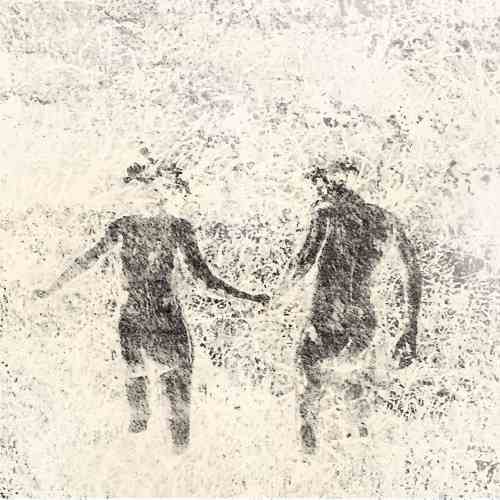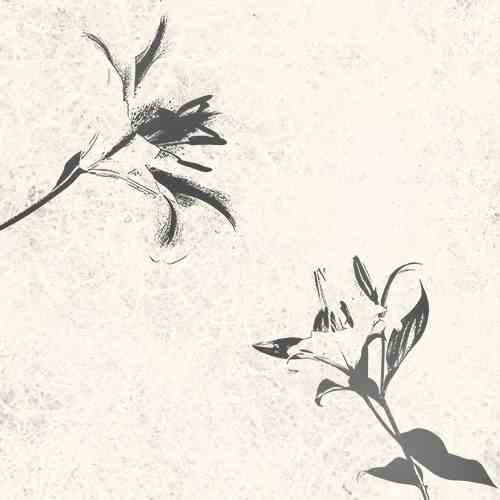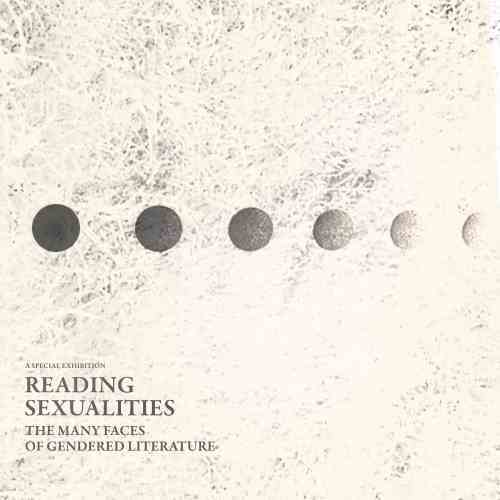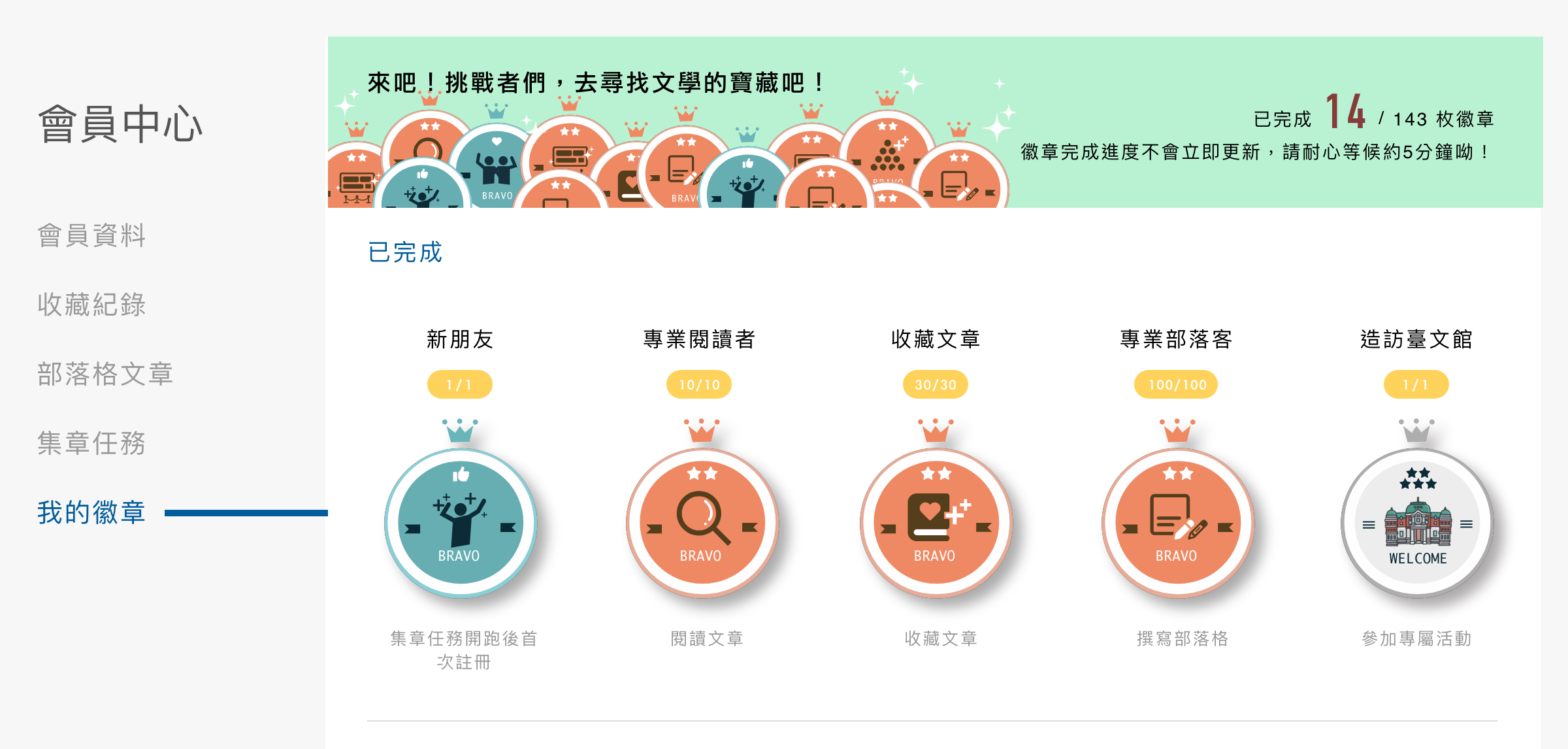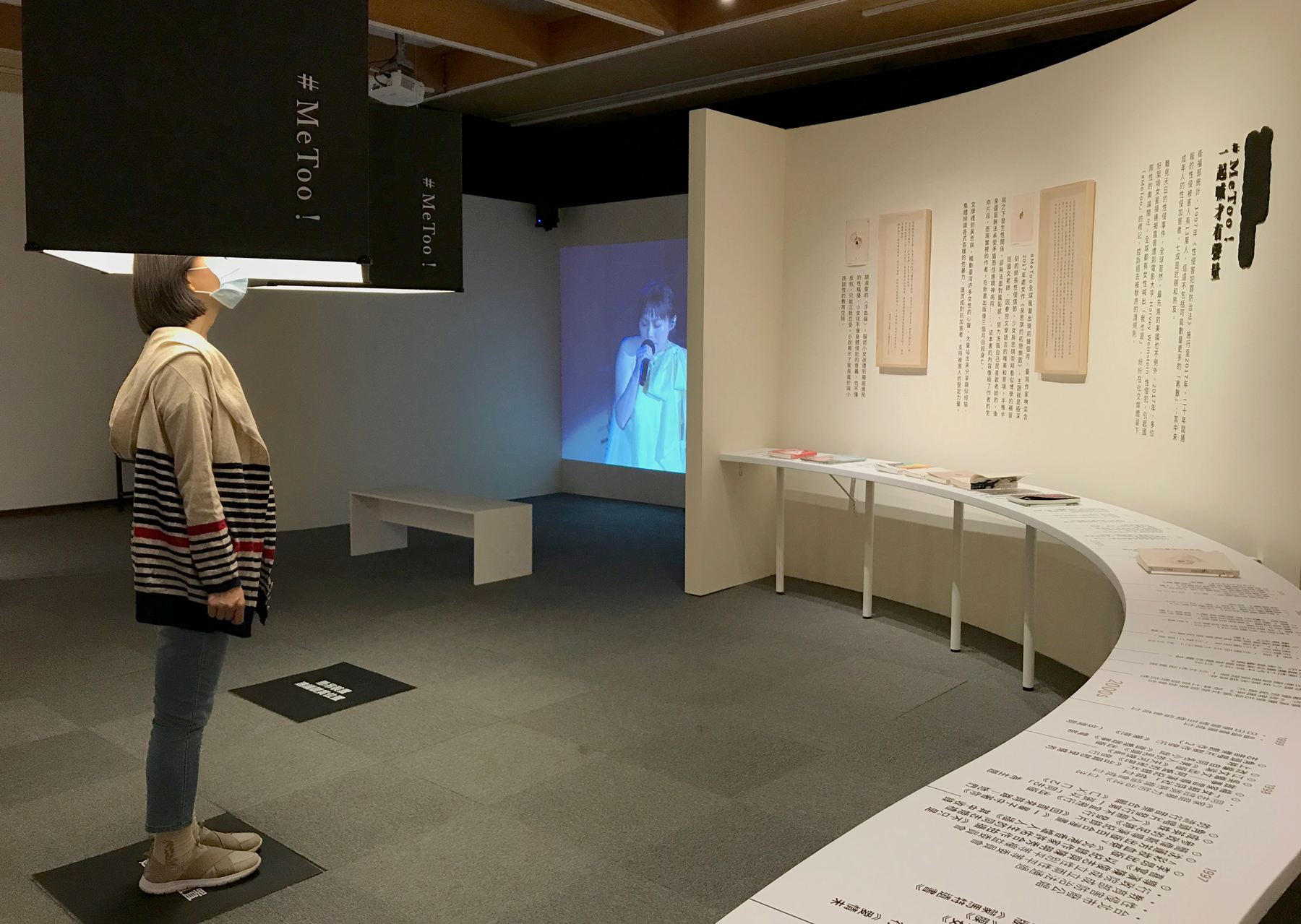
Forever Remembrance of Yongzhi with His Story Etched in History|#MeToo! A Collective Awakening for Social Awareness|A Colorful Society Under the Sun
Taiwanese society became more open and literary genres became more diverse. Since 2000, gender equality has become prevalent, and homosexuality is no longer taboo. New gender-focused writings have emerged. For instance, BL (boys' love) and Soujoai (girls' love) topics have been widely found in writings and the manga comic book genre.
Although gender-focused writings seem to be thriving, they are still often overshadowed by the patriarchal culture. Sexual bullying, sexual harassment, and sexual assault still inflict pain on feminine boys and vulnerable, underage girls. The literary world is still fighting to send out rays of hope.
Forever Remembrance of Yongzhi with His Story Etched in History
Fansheng: After I entered the fifth grade, all of a sudden, I couldn't play with girls anymore.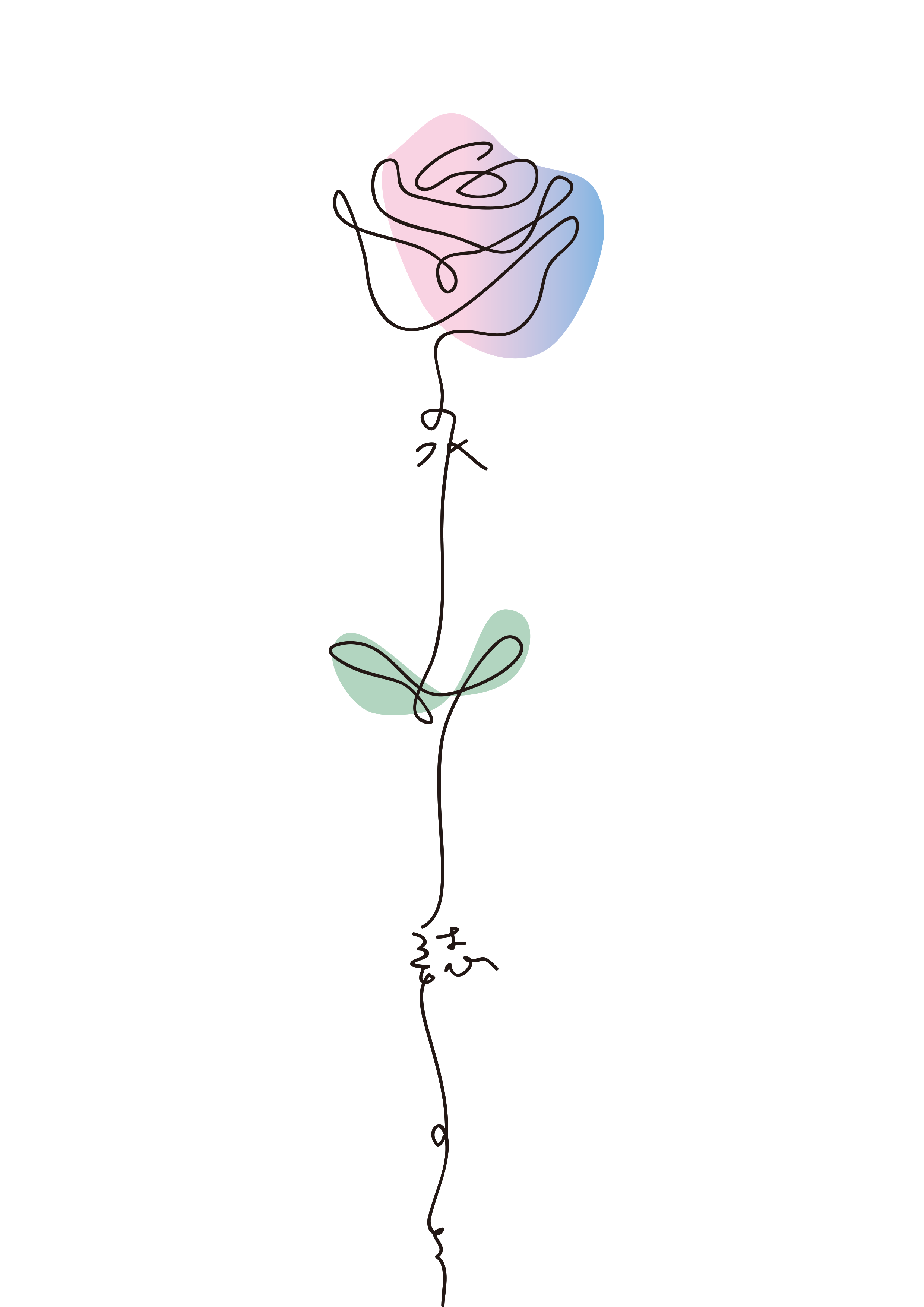
Before that, I could have my hair as long as I wanted and I only played with girls. In the summer before I entered the fifth grade, a line between boys and girls was made. I was forced to join the boys in the class. They told me to cut my hair short. I wanted to play hopscotch and throw hacky sacks with girls, but I was no longer one of them.
…I did not know what I was. I did not have anyone to learn from and did not know if there was anybody like me out there.
I started to believe the voice in my head.
I am a freak, a pervert. I am not normal.
I will be like this for the rest of my life. But I feel fine when you are here.
──Chien Li-ying, DRESS IN CODE, 2016.
⁍ Chien Li-ying's stage play DRESS IN CODE uses clothing as a theme to illustrate the oppression of sexuality during the White Terror Period. The protagonist Fansheng is Chief of Police. He abuses his power to arrest political suspects and tortures them to obtain confessions. The excerpt is a dramatically reversed scene in which he interrogates a suspect called Xiangjun. After Fengsheng's fondness for cross-dressing is discovered, he comes clean about his gender dysphoria and about being bullied at a young age. In the end, he chooses to suppress himself and continues in the service of structural violence.
#MeToo! A Collective Awakening for Social Awareness
According to a survey conducted by the Ministry of Health and Welfare, 130,000 incidents of sexual assault were reported to the police between the enactment of the Sexual Assault Crime Prevention Act in 1997 and 2017. The number of unreported cases is likely significant as well. Among the reported cases, 70% of underage victims were assaulted by a close family member or friends.
Horrific sexual assaults happen around the world, including in advanced countries such as the United States. In 2017, several Hollywood celebrities stood up to accuse Harvey Weinstein of sexual abuse, capturing global attention. Women around the world began to shout "Me Too." A series of "#MeToo" hashtags posted on social media condemned the slew of sexual favors that have been tolerated in the past.

She had never seen Mr. Li, her teacher, as a man. She had never known Mr. Li saw her as a woman. He began to speak: Get that book I just mentioned down here. Si-qi noticed for the first time that his voice was like calligraphy, rigid and firm, pressing on her body.
She stood on her tiptoes to get the book. Li Guo-hua immediately got up and walked towards her from the back. He surrounded her with his body, hands, and a wall of books. His hands dropped from the top of the bookshelf and hit her hands, which were resting on the spine of the book. He slid his hands around her waist and suddenly tightened. There was no space between them. She could feel his moist breath on the top of her head like the sky outside. She could also feel there was a heart beating in his lower body. He said nonchalantly: "I heard that Yi-ting said you all like me very much." They were so close, making the original meaning of what Yi-ting had said completely different.
──Lin Yi-han, FANG SI-QI'S FIRST LOVE PARADISE, 2017.
⁍ Taiwanese writer Lin Yi-Han's first novel FANG SI-QI'S FIRST LOVE PARADISE was published in 2017, just a few months before the global #MeToo movement started. The book depicts a detailed story of a girl being raped by her teacher. Teenage girl Fang Si-qi worships the seemingly knowledgeable teacher who teaches Chinese in a cram school. Owing to her love for the beauty and artistic image of literature, she is sweet talked into having sex with the teacher. However, she cannot face the feeling of shame and thus tries hard to convince herself that she likes the teacher. Later, she cannot handle the conflicting emotions and is sent to a psychiatric hospital. This book highly resembles the author's personal experience. The author in reality committed suicide three months after the book was released.
Fang Si-qi touched the hearts of many women in Taiwan, who bravely came forward in large numbers with their own experience and collectively identified various kinds of sexual violence. Their stories together formed a strong power against sexual perpetrators while supporting the victims.
A Colorful Society Under the Sun
Taiwan's gender-focused literature is now rich and colorful. Themes that were unspeakable in the past are now fervently discussed in all kinds of genres and treated as normal. The scope of gender topics has also extended beyond the formerly narrow focus on conflict between women and men into broad-based discussions of diverse gender identities. Now, bathing in the warm sun, we pick our most comfortable clothes and put them on unhesitatingly as we exchange looks with one another lightheartedly.
🎬 Movie Trailer of ALIFU, THE PRINCE/SS Director: Wang Yu-lin (2017)
The film tells the tale of Alifu, an indigenous transgender person. The theme involves changes in indigenous traditional culture over time. Through the characters, the film introduces the topics of sexual diversity and drag queens into the lives of ordinary people. The film shows the daily lives of sexual minorities who are different only in their choosing a non-mainstream lifestyle.
The film starts with gender issues. Yet, it pays more attention to the essence of a person and their inner soul. It is a story about gender, lust, tolerance, and love. ──Director Wang Yu-lin
(Source of the Video: Magnifique Creative Media Production Ltd. Co.)
🎬 "Light" Singer: Cheng Enno (2019)
This song is featured on the album PLUTO. It was initially released as the theme song of the 2015 period drama THE BEST OF YOUTH produced by Taiwan's Public Television Service (PTS). The lyrics relay how Taiwan has transitioned from a politically suppressed society into a democratic and free country. The road to gender equality is the same - it will eventually lead to light from darkness. The singer Cheng Enno also came forward on social media in 2016 to speak about the end of her marriage and to reveal her homosexuality. She has since become a courageous spokesperson for the LGBTQ community. This meaningful video centers on her invitation to sing at the "Freedom of Love" concert held at the Presidential Office Building in 2019, the same year that the Marriage Equality Act bill passed its third reading in the Legislature, making Taiwan the first country in Asia to legalize same-sex marriage. (Source of the Video: The General Association of Chinese Culture)

Father, can I be honest with you?
I am G.
How similar am I to you?
Are you also G?
If one day I would fall in love with a man like you,
would you forgive me?
Trapped in a city covered with sprawling moss;
a journey from the gym to the swimming pool.
While we exchanged looks,
our bodies suddenly blossomed.
How do I keep quiet?
"I love you"
is never a private matter between us.
What kind of lover will be behind me?
What kind of lover is willing to come underneath me?
Don't you want to know? I am your son and also a first-time gay in a war. Please let me
live like this.
The prime of youth
might evaporate at any time.
Father, can I be honest with you? The storm before me is still endless.
Men who love me are all here.
Soaking wet, like how you would
carefully wipe off the water on my body.
Post script: Father's Day. For all the gays estranged from their fathers or gays who are fathers themselves.
──Xiang-hai Jing, "To All Your Fathers," 2002.
⁍ This poem by Xiang-hai Jing has a touching narrative. It is about a son hoping to be accepted by his father. He is assertive about his own sexual orientation, calmly requests acceptance, and finally becomes accepted. The postscript particularly encourages gays trapped in their original families and hope that they can courageously ask for approval instead of feeling sorry for themselves.
